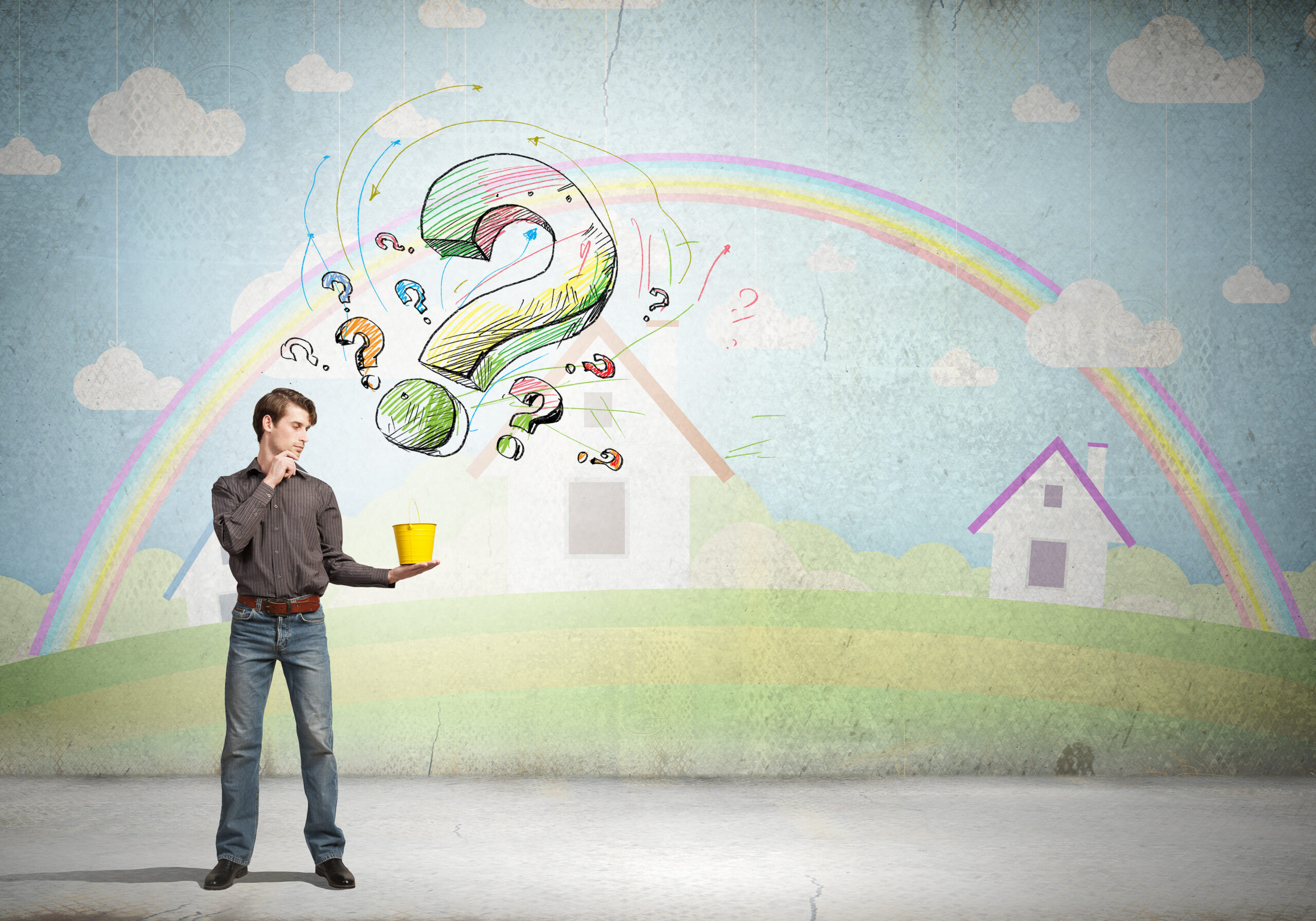SWEETENERS
There are many options for sweeteners today:
1. Dextrose, glucose, and fructose are all simple sugars. Glucose and dextrose are basically the same sugar but food manufacturers will more often use the term, “dextrose” instead of “glucose”. I suspect this is because the public is more familiar with “glucose” and know that it is sugar and may not realize that dextrose is the same thing.
2. Simple sugars combine to form complex sugars, like sucrose, or table sugar.
3. High fructose corn syrup is 55 percent fructose and 45 percent glucose.
4. Sugar alcohols like xylitol, glycerol, sorbitol, maltitol, mannitol, and erythritol are not actually sugars or alcohols. They are not completely absorbed from your intestine so they contribute fewer calories than sugar. They can cause problems with bloating, diarrhea, and gas.
5. Agave syrup is about 80 percent fructose. It is not as healthy as many believe.
6. Honey is about 53 percent fructose. It has beneficial qualities but is still a sweetener.
7. Stevia is a highly sweet herb derived from the stevia plant. It has no glycemic index.
There are also several artificial sweeteners:
APARTAME
Aspartame (Nutrisweet, Equal and others) has been controversial since it was first introduced. While the FDA says it is safe, multiple studies indicate the following side effects from aspartame:
Mental Disorders, Cancer, with increased risk if exposed during fetal life, Brain Tumors, Mental Retardation, Increased Risk of Preterm Delivery, Retinal Damage, Increased Risk of Liver and Lung Cancer, Neurological symptoms, including Memory Problems, Headaches, Anxiety, Agitation, Irritability, Depression, Insomnia, Dizziness, Fatigue, Seizures, Blindness, Cognitive and Behavioral Changes, Cell Aging, Movement Disorders, Severe Cell Damage and other neurological events, Nausea, Visual Hallucinations.
HEADACHES
Headaches are a common side effect of aspartame. Chewing gum with aspartame can provoke headaches. It can be the cause of migraines in children, adolescents and adults and can even worsen an ongoing migraine.
WEIGHT GAIN, NOT LOSS
Aspartame increases sweet cravings and does not reduce sugar consumption. It has been found to cause further problems with losing weight. It increases the feeling of hunger and the likelihood of serious weight gain, even more so than regular soda.
“On average, for each diet soft drink our participants drank per day, they were 65 percent more likely to become overweight during the next seven to eight years, and 41 percent more likely to become obese.” Similar observations have been reported in children. Artificial sweeteners encourage sugar craving and sugar dependence.
USE IN CHILDREN
Aspartame causes a variety of diseases in children including headaches, seizures, visual loss, rashes, asthma, gastrointestinal problems, obesity, marked weight loss, hypoglycemia, diabetes, addiction, hyperthyroidism, and a host of neuropsychiatric features, including fatigue, irritability, hyperactivity, depression, antisocial behavior, suicide, poor school performance, the deterioration of intelligence and brain tumors. Nervous system damage in children may not be detectable at the time of ingestion. The side effects can show up any time in the future.
A single Dose of Aspartame causes a rise in serum methanol. Methanol is a highly toxic alcohol commonly found in automobile windshield washer solvent, gas line antifreeze, copy machine fluid, fuel for small stoves, paint strippers, and industrial solvents.
SUCRALOSE
Sucralose (Splenda) is also labeled “Safe” by the FDA but it too, has side effects found in numerous studies. Sucralose is not sugar but is a chlorinated artificial sweetener. Side effects to Sucralose according to many studies:
1. Reduces gut bacteria
2. Cooking with it, at high temperatures, creates chloropropanols, a toxic compound that is in the same classification as Dioxin, a known carcinogenic and component of Agent Orange
3. Alters glucose and insulin, creating a glucose load
4. May cause leukemia in mice studies
We all have heard about the problems with eating too much sugar. This may be the reason so many have turned to using artificial sweeteners. But doing so, may have traded one set of problems for another.
After much research, I have come to the conclusion that the only truly safe sweeteners are whole fruits or stevia. For Thanksgiving, this year, I made a pumpkin pie using unsweetened applesauce as the only sweetener. It was delicious.
STEVIA
The side effects of stevia can include bloating or nausea. Because it is related to Ragweed, someone who is allergic to Ragweed, might be sensitive to stevia as well. Some studies indicate that stevia may lower blood glucose and blood pressure, not necessarily a bad thing. Because stevia is so sweet, they have to add something to it so that a single serving can be measured like sugar. Some add dextrose which is just more glucose but others add one of the alcohol sugars, which would be my choice.
Any sweetener can trick the brain into thinking we are eating sugar. Many of us cannot eat just a small amount of something sweet and one bite will cause us to keep eating. For those individuals, the best way to not eat sweets, is to not eat any at all.












